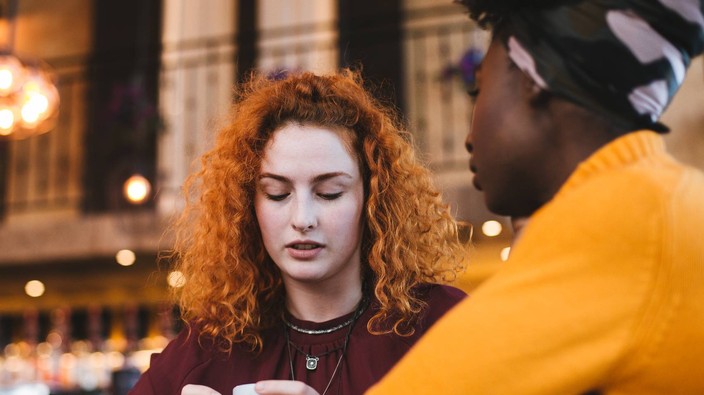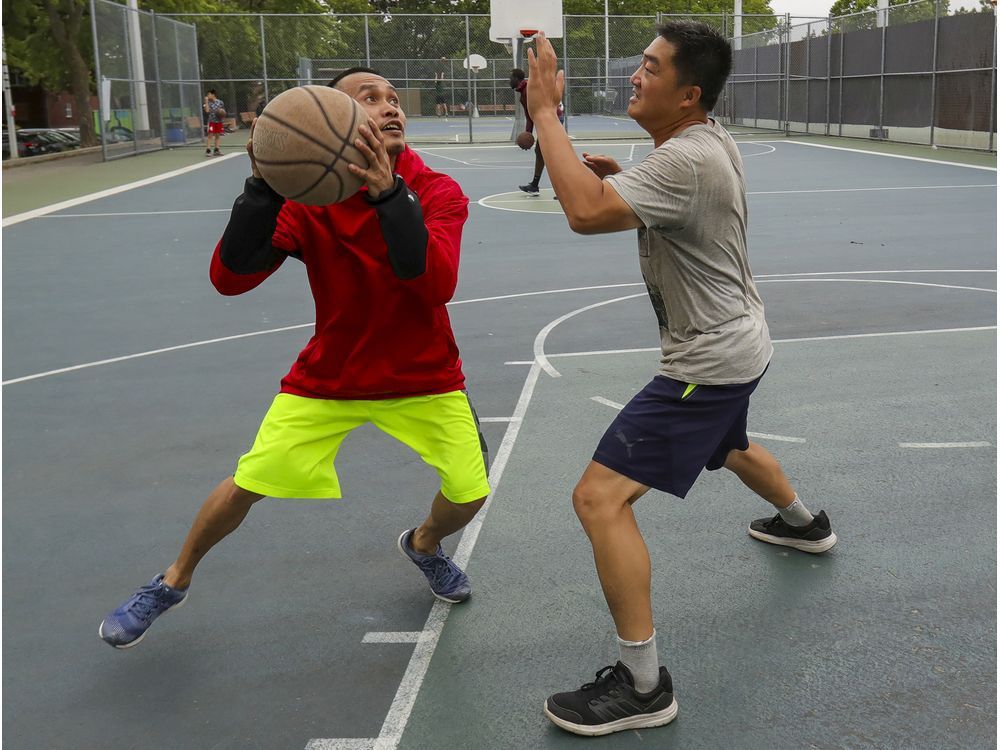except i didn’t want to go. i really, really, didn’t want to go.
“can’t we just have some snacks on your patio?” i asked, cringing, bracing for the teeth-sucking. “i’ll pick up something lunch-y.”
she had me on speaker phone, and the line was crackly, but it was unmistakable — first the teeth, and then the eye-roll. i could just feel it.
“come on,” she said, a little too loudly. “you’re vaccinated, i’m vaccinated… (teeth) what’s the big deal?”
the truth was i didn’t know exactly. i had been waiting months for things to get back to some sort of normal, and yet, here we were. i was like one of those animals kept in captivity for most of their lives that are left in the middle of a beautiful version of their natural habitat with the cage door open, and yet they can’t bring themselves to leave. my pandemic “cage” had been unlocked, but as alluring as some patio time was, i liked the comfort of my cage more.
i was reassured of this later in the day when my hair stylist called to let me know she was reopening her shop. “your spikey hair is about to get a revival,” she chirped happily. her and i have a long history of wild colours, shaved masterpieces and self-designed hairstyles. and though i booked the appointment, i knew it wouldn’t be for spikes. or colour. or self-designed anything. in fact, i was going to only get a trim. basically, the look i am going for is the same pandemic hair, only without the split ends.
 5 minute read
5 minute read








